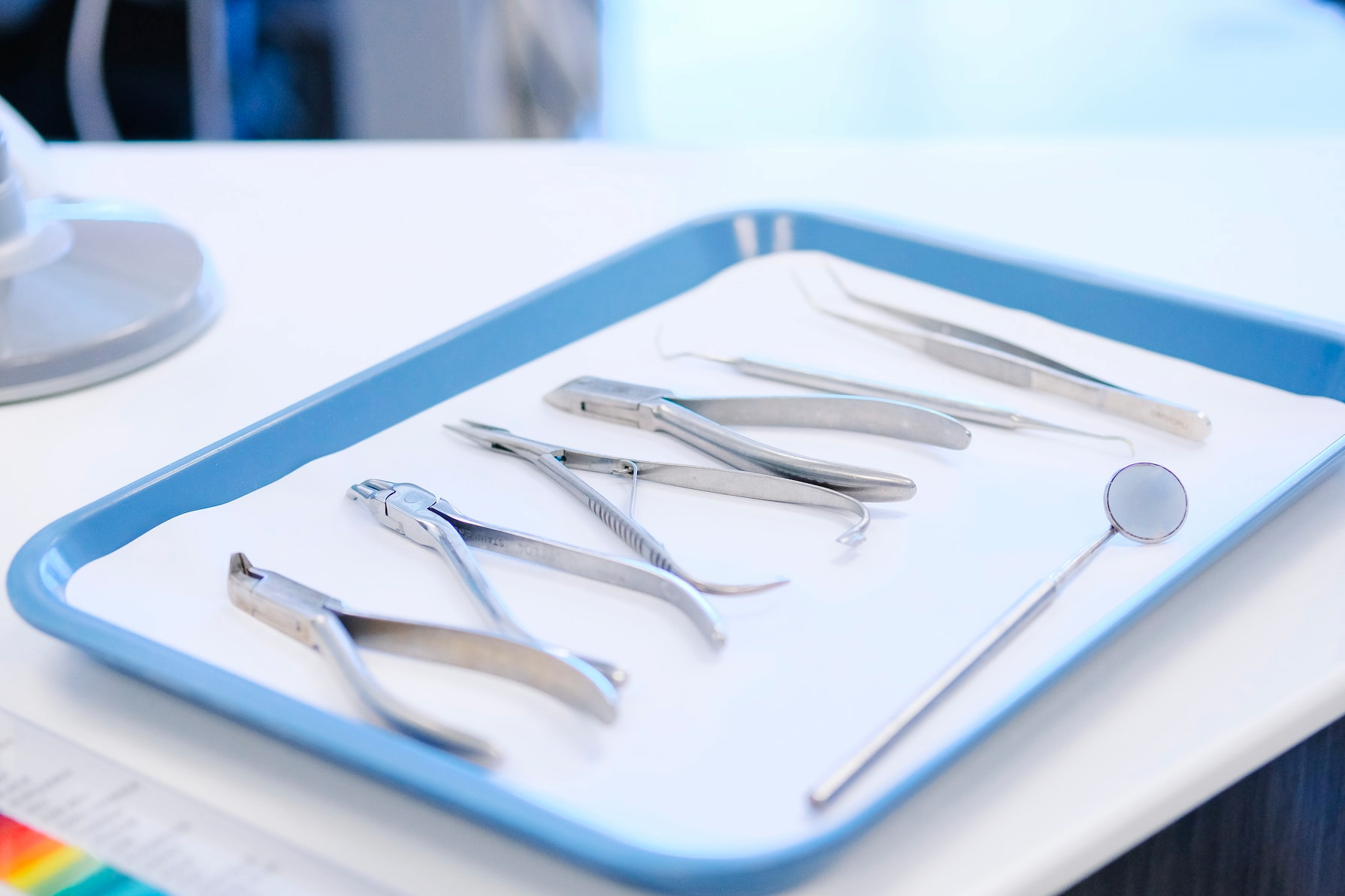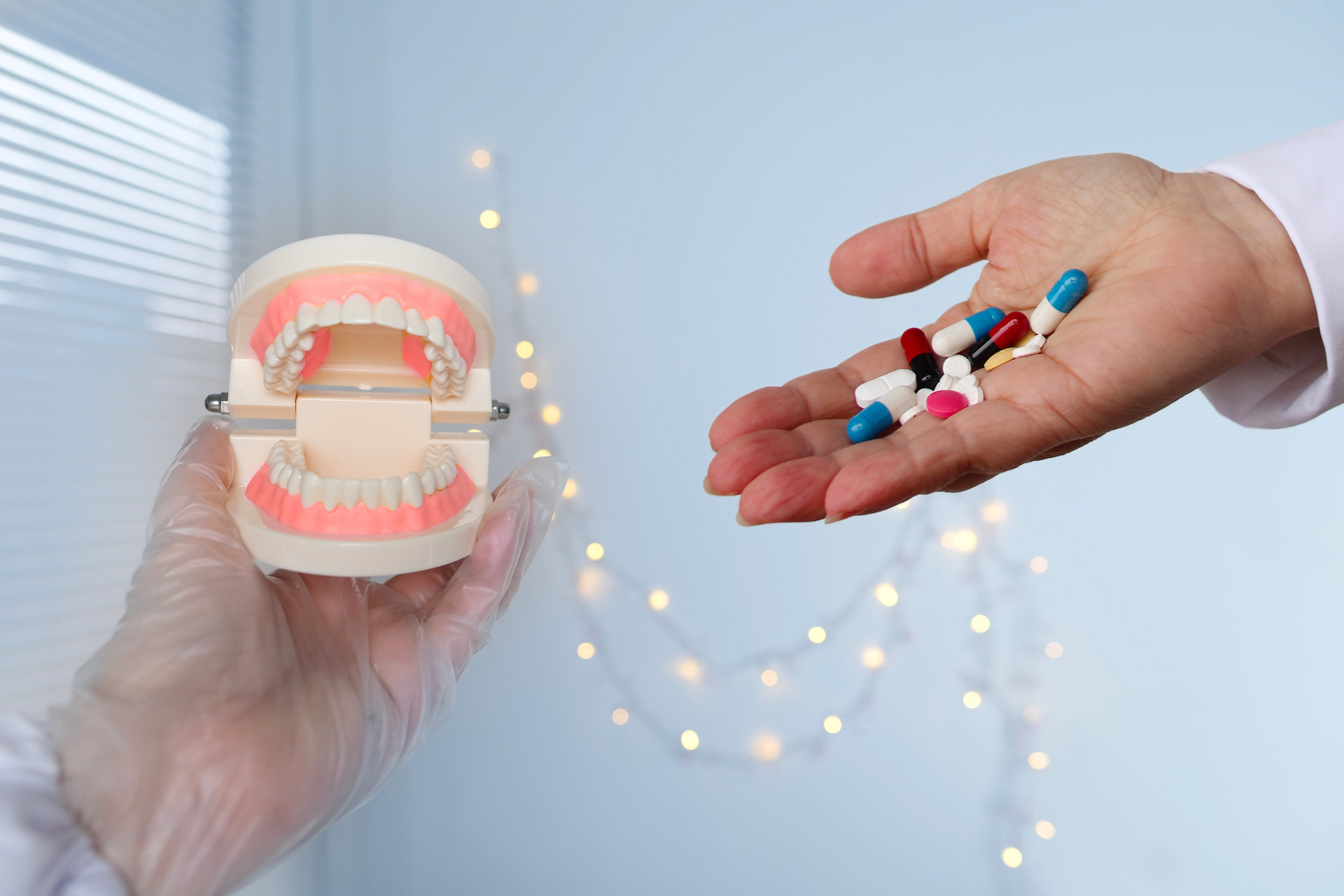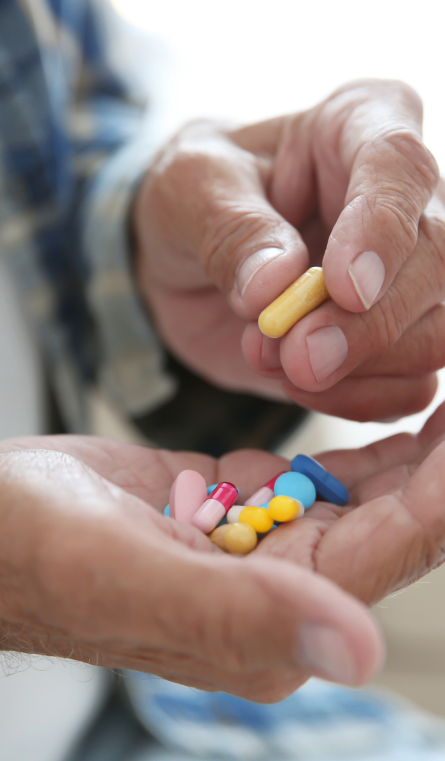Aftercare for Orally Sedated dental surgeries
After undergoing a procedure with oral sedation and local anaesthesia it’s important that you have a responsible and able-bodied adult to look after you and monitor you for the 24 hours following the surgery.
They should also be able to drive you home or ride with you in a taxi or public transport. You should not be driving yourself home.
If you want to learn more about what you can expect from conscious sedation for a complex or emergency dental surgery, please contact us.

Oral Sedation for Dental Work
Unlike IV or IM sedation which goes in through an injection into your muscles or bloodstream, oral sedation is administered through the mouth. At TLC Dentists, we most commonly provide oral sedation for dental work as a pill an hour before the surgery begins. However, we can also provide nitrous oxide gas (also known as laughing gas.)
What drugs are used for oral sedation?
The class of drugs used for oral sedation for dental work are benzodiazepines.
They are a class of depressants that affect the central nervous system to slow down the messages that run between the body and the brain. They are also the same drugs used to help relieve anxiety, panic attacks and muscle spasms. So they have a powerful calming and stress-reducing effect.
When is oral sedation used for kids?
At TLC Dentist, we understand that many kids are often nervous or anxious when coming to the dentist. That is why light sedation is a common option in these cases to help reduce discomfort and ensure all children dentistry work is performed safely:
- Very young children who aren’t able to keep still throughout a procedure that the dentist needs to perform with high precision
- Children who have a lot of anxiety and nervousness with dental treatment
- Children with special needs, as it helps reduce spontaneous movement
In many cases for light dental work, laughing gas can be an alternative option to sedation through a pill.
Talk to your dentist about the benefits of oral sedation
It’s important to note that oral sedation may not be suitable for all patients, and each patient’s medical and dental history should be carefully considered before deciding on a sedation option. Patients may also need to arrange for transportation to and from their dental appointment, as the effects of oral sedation can last for several hours after the procedure.
Oral sedation side effects
After sedation you may experience drowsiness, dry mouth, headache, fogginess, memory loss of the dental procedure, slurred speech, dizziness, tiredness, pain at the injection site, and headache; but these effects should be over within a few hours.
Many people still find the benefits of oral sedation for their surgeries outweigh the side effects.





